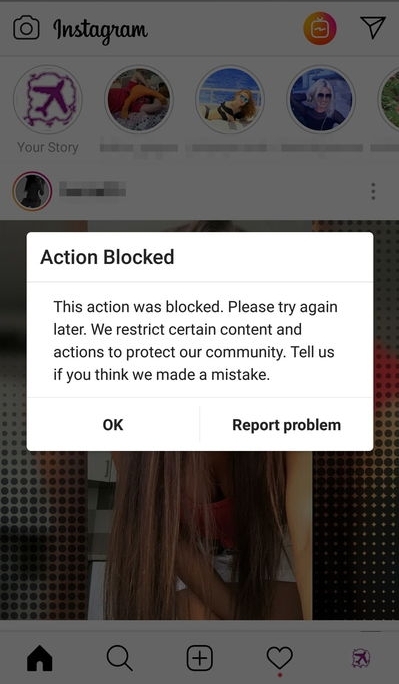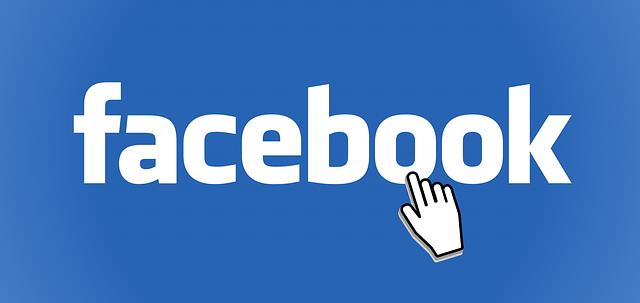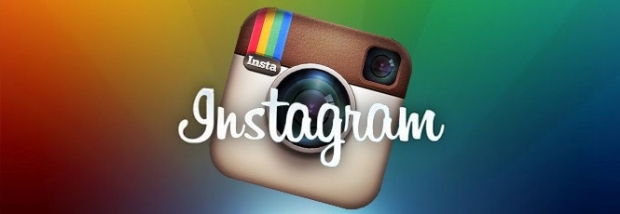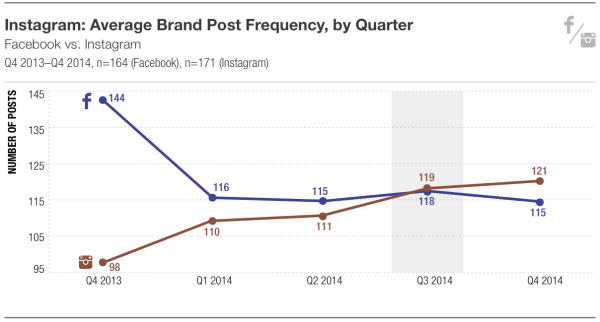Instagram is cracking down on influencers and brands publishing content relating to a few controversial topics.
While the company has had policies restricting branded content related to vaping, tobacco products, and weapons, the company is introducing a new policy which will more vigorously enforce these restrictions.
The ramp up of enforcement will come over the coming weeks, giving brands and influencers a small amount of time to plan their future marketing efforts.

Instagram also says it will be enacting more rules related to branded content promoting alcohol and diet supplements in the coming year.
Details on the initiative are limited, but the company says it is building new tools to help enforce age-based content restrictions which will help creators ensure adult content is not seen by minors.
While the site may be restricting a few types of branded content, the company says its overall goal is to help creators grow and connect more with their audiences.
As the policy announcement concludes:
“Creators on Instagram are a vital part of our community, and we will be investing even more resources in 2020 to help them build their businesses on Instagram.”






